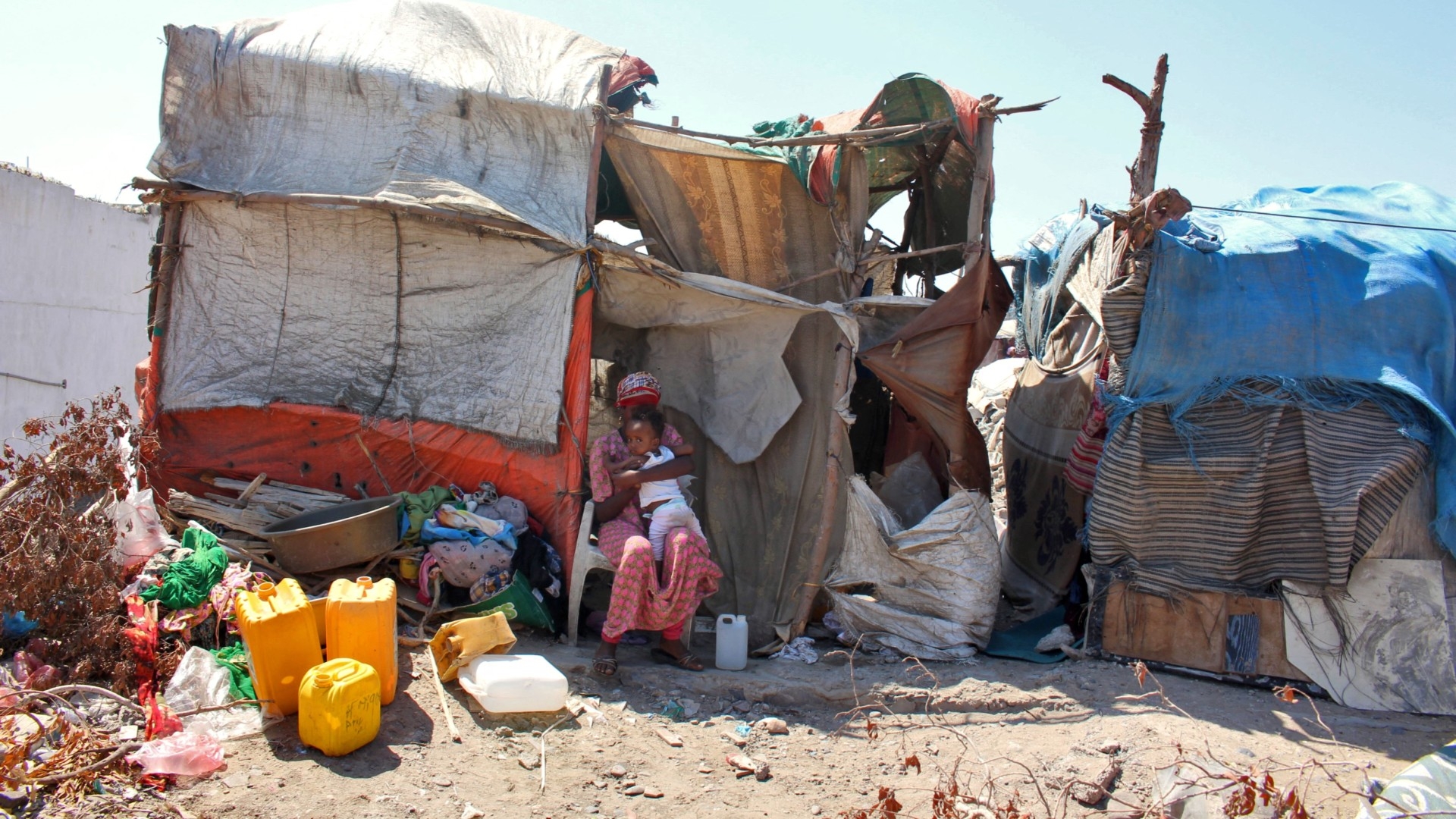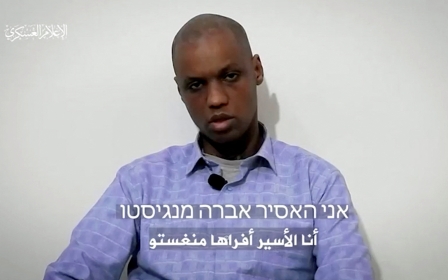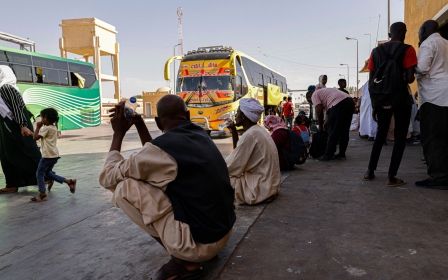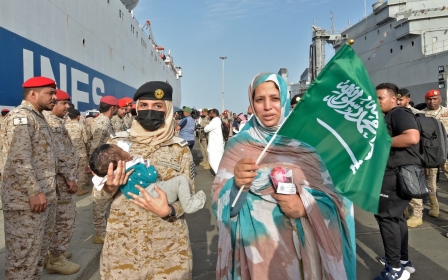Report finds 'deliberate mass killings' of Ethiopians along Saudi-Yemen border

Ethiopian migrant workers are being systematically targeted and killed on a daily basis by Saudi security officials trying to deter people from crossing the Saudi-Yemen border.
According to a new report published today by the Mixed Migration Centre (MMC), an international network carrying out research and analysis on migration, the Ethiopians have been targeted by snipers and mortars.
Bram Frouws, the director of MMC, says the situation is ongoing and critical.
"Sexual abuse, including rape, is widespread," he told Middle East Eye.
"There is physical violence, torture, arbitrary detention - all speak of being shot at, with people dying around them at the northern border between Saudi Arabia and Yemen."
The Saudi-Yemen border has become particularly dangerous in recent years, with around 430 deaths and 650 injuries recorded between 1 January and 30 April 2022.
The killings and attacks on the Ethiopians took place on the route between al-Jawf and Sadah in Yemen, a region which is controlled by Houthis. Attacks have also been taking place in the Jizan province of Saudi Arabia.
One survivor told MMC last month that they were disturbed by “the pungent smell" of dead bodies. Another said “when the security camera catches you, the border guards fire heavy explosives”.
The United Nations has previously highlighted the issue. In October 2022, several special rapporteurs highlighted the killings in a letter, describing "gross human rights violations against migrants".
Data compiled by the UN states that 30 percent of the victims were reportedly women, and that seven percent were children.
The letter also stated that some of the abuses included torture, arbitrary detention, trafficking and sexual abuse.
Transit point
The Saudi-Yemen border has become a major transit point for people between the Horn of Africa and Saudi Arabia.
Many refugees and migrants rely on networks of traffickers to help them travel along the route, leaving them vulnerable to violence.
The migrants attempting to cross the border are primarily from Ethiopia.
Humanitarian assistance has been limited in the area, with medical personnel unable to reach those injured.
Those injured also struggle to get treatment, with only one hospital located in a remote area, which is difficult to reach.
Women and young girls are particularly vulnerable at the crossing, with a high risk of sexual violence.
According to Frouws the majority of victims are men, though there is a growing number of female victims.
The Yemen-based Mwatana for Human Rights organisation visited the Saada and Souk al-Raqo area in northern Yemen between 14 and 18 May 2022.
The team spoke to people who had been transported to a detention facility, and along with doctors found that they had been subjected to “extremely severe external violence using a hard tool or violence”.
The UN group of rapporteurs stated that people are forced to finance their journey to the Saudi border through forced labour, drug trafficking and sometimes even sexual exploitation.
Conditions along the routes are dire, with limited access to water, and women are particularly at risk of violence and abuse.
No investigations launched
According to MMC, no effective investigations have been launched into the killings or abuses so far.
"A formal and independent investigation is exactly what is needed," says Frouws.
'A formal and independent investigation is exactly what is needed'
- Bram Frouws, director of Mixed Migration Centre
"These are extremely worrying and serious reports... an investigation is needed to get to the bottom of this and hold the perpetrators accountable. We owe it to the victims."
Saudi Arabia has responded to the allegations through their permanent mission in Geneva, by refuting them and stating that they did not find any evidence which shows flagrant violations of the rights of life.
MMC believes that the actual number of those killed and injured may be higher than what has been reported, based on testimonies and independent research carried out with Ethiopian migrant workers.
Human Rights Watch has previously called for further investigations into the killings and abuses, stating that most people passing through Yemen from abroad include refugees and asylum seekers, and are some of the people worst affected by the conflict.
This article is available in French on Middle East Eye French edition.
Middle East Eye propose une couverture et une analyse indépendantes et incomparables du Moyen-Orient, de l’Afrique du Nord et d’autres régions du monde. Pour en savoir plus sur la reprise de ce contenu et les frais qui s’appliquent, veuillez remplir ce formulaire [en anglais]. Pour en savoir plus sur MEE, cliquez ici [en anglais].





